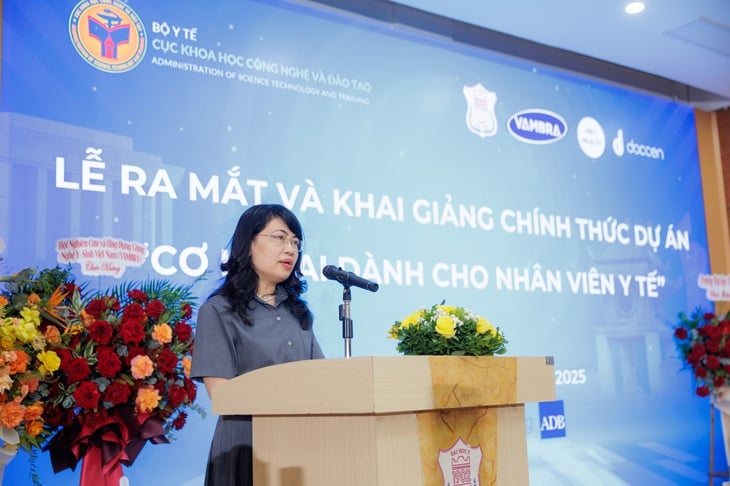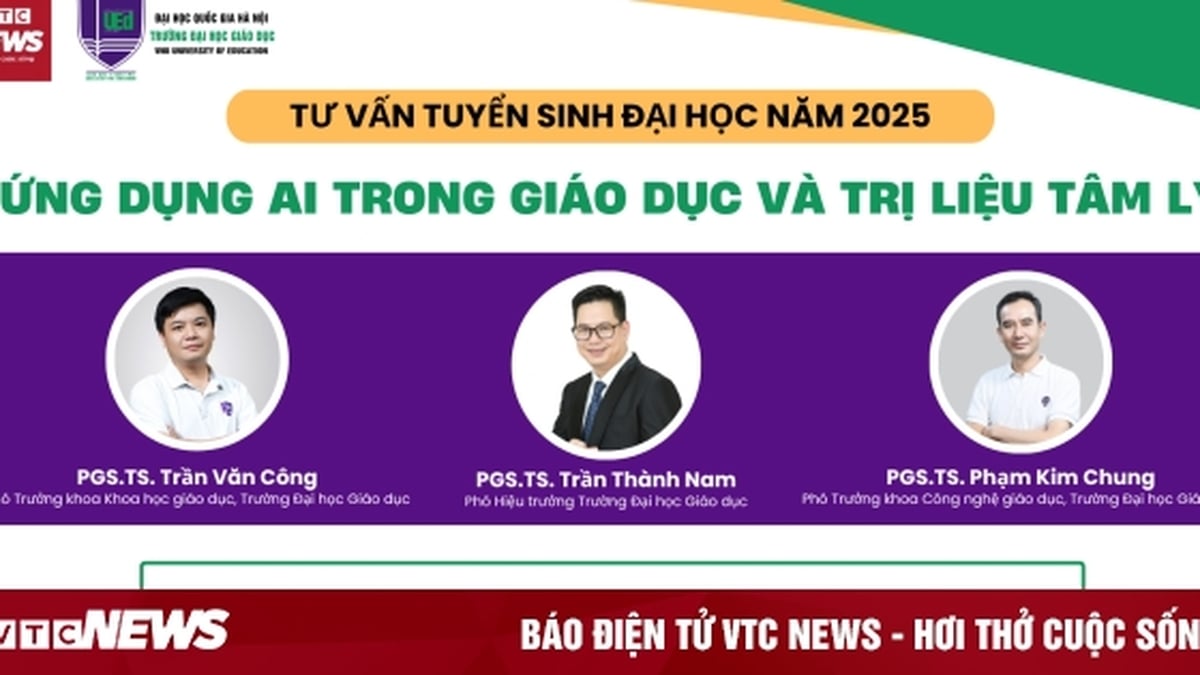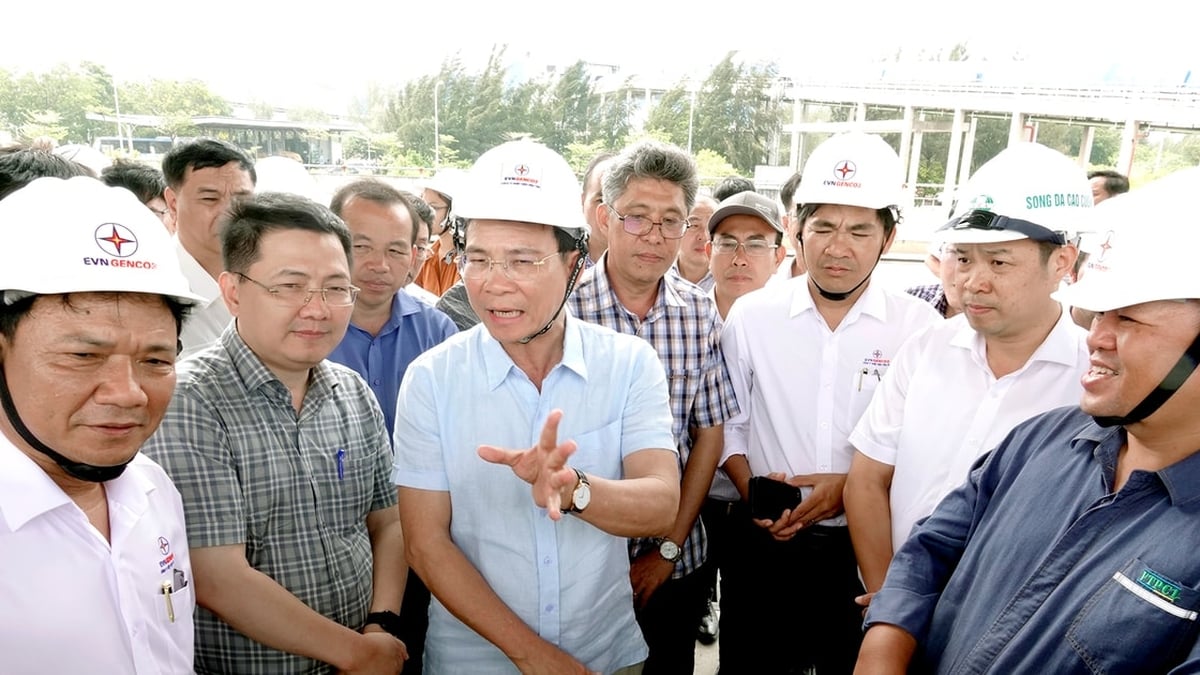
Ms. Luong Mai Anh, Deputy Director of the Department of Science, Technology and Training, Ministry of Health , spoke at the program - Photo: P.HOANG
The project was launched and inaugurated on July 18 at Hanoi Medical University, marking the beginning of a journey to popularize artificial intelligence (AI) to 15,000 medical staff nationwide. This is a project within the strategy to enhance digital capacity and promote digital transformation in the Vietnamese healthcare sector.
The project is implemented by VietHealth Joint Stock Company, under the direction and guidance of the Department of Science, Technology and Training - Ministry of Health, and is sponsored by the Vietnam Association for Research and Application of Biomedical Technology (VAMBRA) and the support of medical and pharmaceutical universities under the Ministry of Health.
Speaking at the ceremony, Ms. Luong Mai Anh - Deputy Director of the Department of Science, Technology and Training, Ministry of Health - affirmed that in the context of the 4.0 industrial revolution, the application of AI is an inevitable trend. AI not only improves productivity and work quality but is also a tool to support administrative reform and modernize the public health system.
It is expected that 15,000 medical staff will be taught by experts knowledgeable in AI, especially in lectures that will be integrated with reality so that medical staff can apply it in their work.
Regarding the curriculum, a representative of VietHealth said that science does not aim to turn students into AI experts, but to help them use AI correctly, sufficiently and usefully in the medical industry.
"In the context that medical staff are under great pressure from administrative workload such as reporting, summarizing, researching documents... AI is expected to help shorten time, free up labor, thereby spending more on professional work and patient care.
Instead of spending 2-3 hours a day making reports, now with AI, they only need about 30 minutes. AI helps reduce repetitive tasks, but does not replace humans in jobs that require expertise and clinical thinking," this expert shared.
The course is built on three pillars: mindset, forming the right mindset about AI, identifying benefits, risks, and knowing how to behave appropriately with new technology.
Skillset (skills), equipping the necessary skills to master AI tools, avoid being "fooled" by misinformation, know how to analyze and evaluate data.
And finally, the toolset: Instructions for using tools such as ChatGPT, Google Gemini... according to the characteristics of each industry group. Doctors can use medical lookups, pharmacists can find drug information, nurses can support patient care, and administrative staff can quickly create reports.
The project is expected to popularize AI for 15,000 medical staff across the country, hoping to help the Vietnamese medical industry not miss the digital transformation wave, when many Southeast Asian countries have begun testing the integration of AI into hospital operations.
Source: https://tuoitre.vn/day-ai-cho-15-000-nhan-vien-y-te-de-giup-tiet-kiem-thoi-gian-20250718134814196.htm


































































































Comment (0)